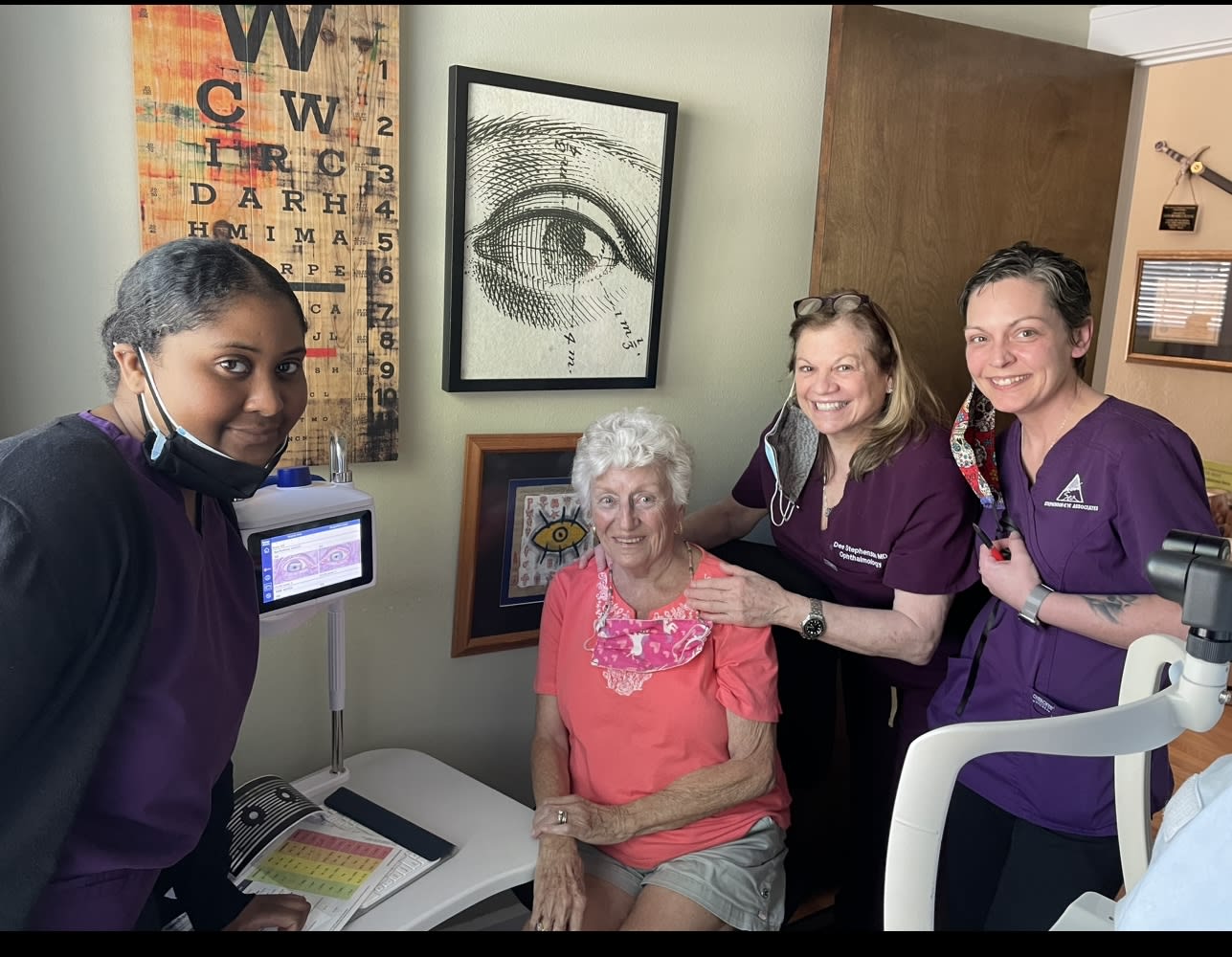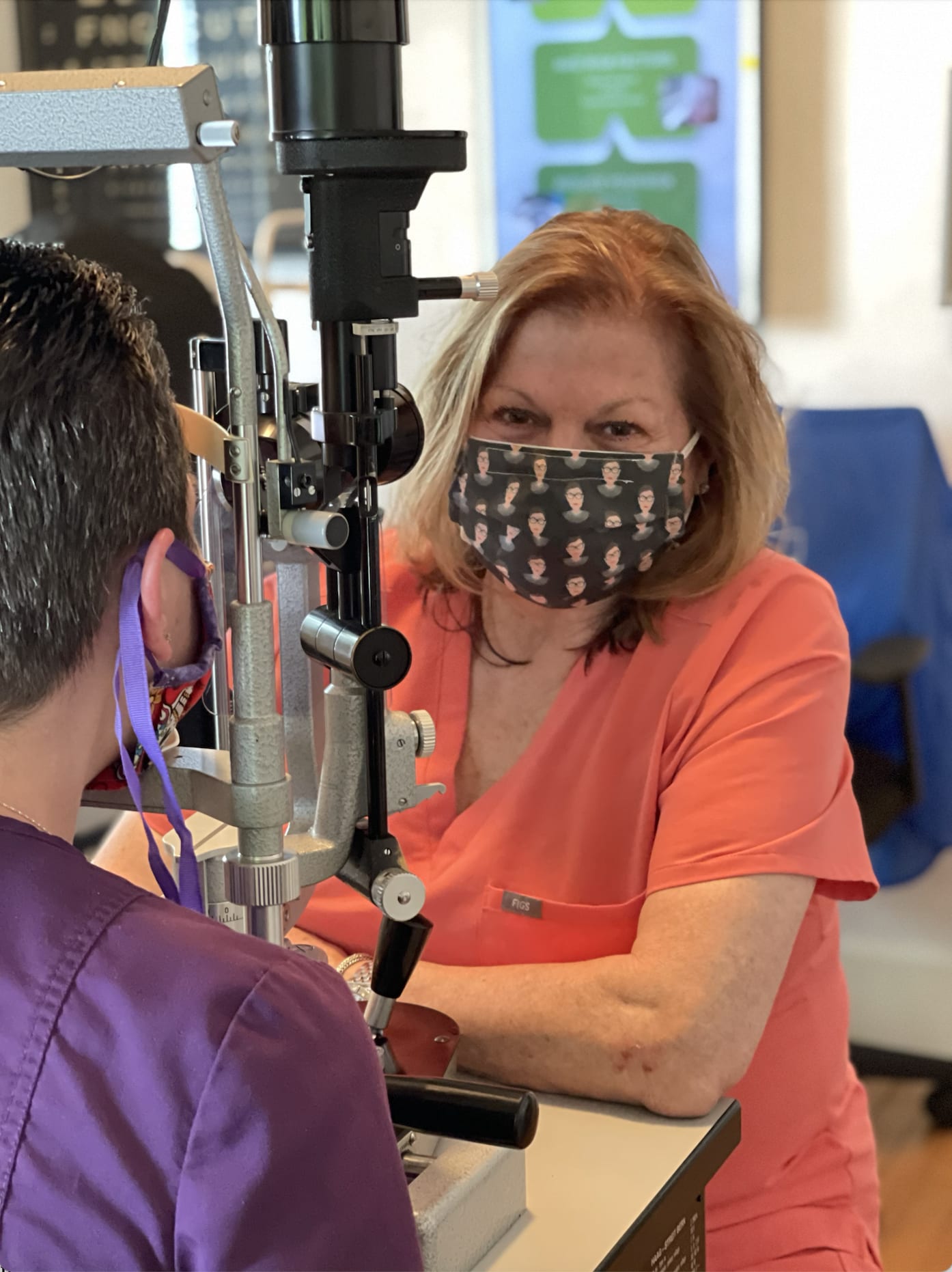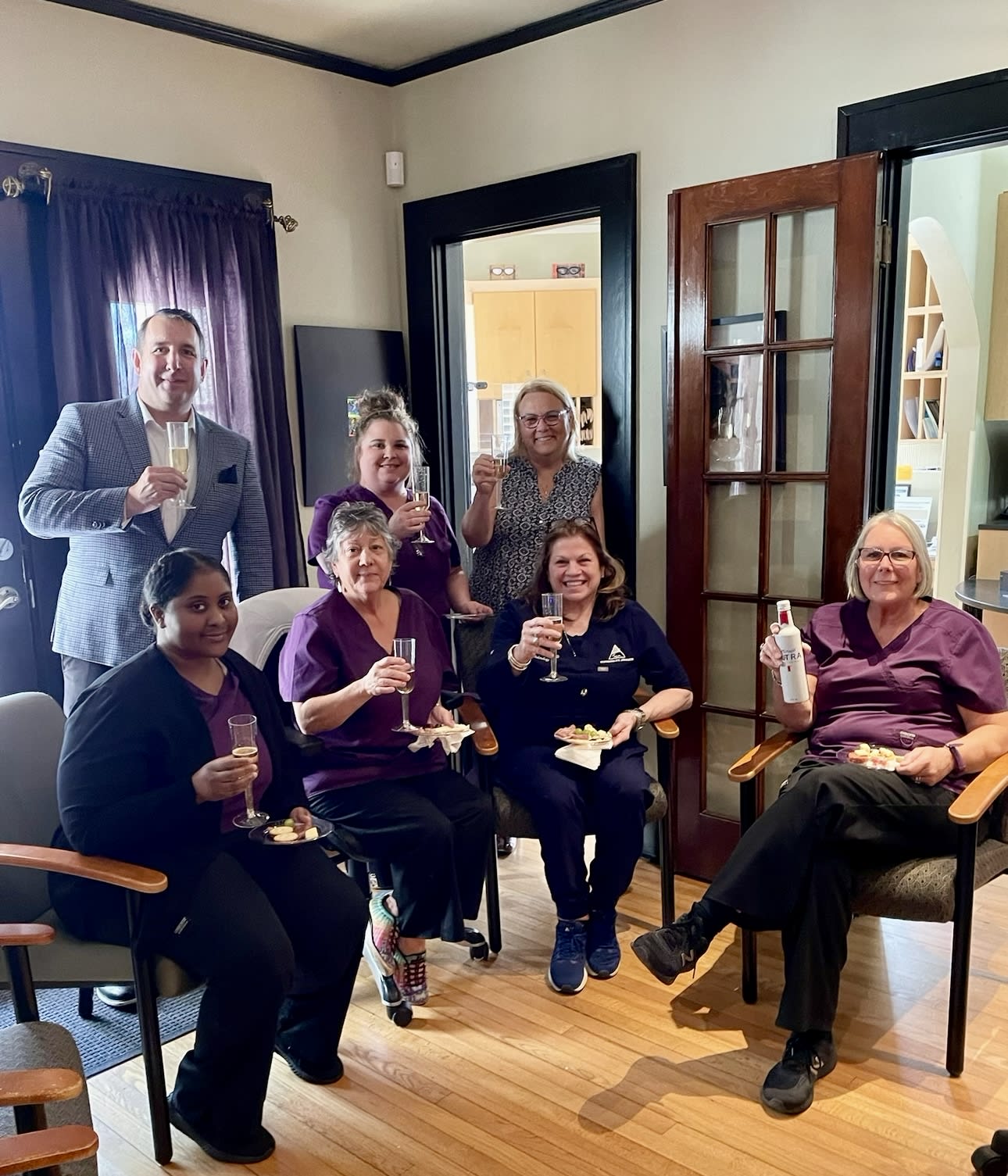Dr. John Wells, my mentor when I was a resident at the University of South Carolina, taught me many lessons. One was the importance of easing a patient’s fear and anxiety before surgery. Dr. Wells always made it his practice to call his patients the night before their surgery. He felt that by allowing the patient to ask last-minute questions, he minimized their anxiety. He also followed up the surgery later that same day with another phone call to the patient. He never failed to make those calls. Since opening my practice 34 years ago, I have followed this lesson. Many of my patients have told me they are very appreciative of this small act of kindness, knowing that I care about them.
In addition, I have found other ways of caring to ease my patients minds before surgery, which I will discuss below.
Provide comfort
Many of my patients have told me that they have never had a doctor call them before surgery. I like to extend that little extra act of caring because I think it makes a big difference for the patient. Having cataract surgery (or any surgery) can be scary, so I tell my patients it is OK to be a little nervous or to feel anxious. I also reassure them by telling them to rest well and I will see them in the morning. Those types of personal comments help them feel that it is perfectly normal to feel that way. It also gives them confidence in me and confidence that they can do it.

Never rush a patient
In addition, I spend as much time as the patient needs to help them feel comfortable about their decision to have the surgery. It is also imperative to have an informed surgical counselor. In my practice, the patient is guided through the surgery and lens options by the counselor, allowing them to make an informed decision based on the recommendations that I make for them. The patient is never rushed — all of their questions are answered and the technology is explained.
Be transparent with patients
This is where the importance of the knowledge of your technicians and surgical counselors come into play. Once the diagnostics are performed, the technician can review the results with the patient, explaining to them how each of the tests gives important information to enable the best recommendation for their IOL. The information regarding the technology that is available in the surgical suite is explained by the surgical counselor. In my practice, we start with the surface of the cornea, the health of the macula and retina, and end with the astigmatism that will need to be corrected to allow the patient to be as independent of glasses as they choose. By giving the patient the information on a level of detail they can comprehend, the patient becomes involved in the decision of their surgical outcome.

In the operating room, I always have plan A, B and C. If a patient has risk factors that can be detected during their exam, I let them know that we need to discuss those risk factors prior to surgery. For example, if a patient has pseudoexfoliation, I discuss the situation with them by telling them I will be performing an astigmatic incision for the correction of their astigmatism. I explain how using the toric lens will not be the lens that may give them the best outcome. I state that in my opinion, we need to do what is the safest for them. I think patients appreciate that level of honesty.
Make it easy to get medications
In our practice, we make it convenient for our patients to obtain their medications. I use compounded medications — the patient simply signs up and is able to receive the medication by mail without a trip to a pharmacy. Also, compounded medications are not as expensive as they used to be, which also benefits the patient. This is just another way we try to remove the angst and the anxiety from preparation for surgery.
Create a welcoming space
I want my patients to always feel at home — and they literally are. My office is in a renovated 1926 Italian Renaissance home. My practice is also very family oriented. When patients come into my office, they are greeted warmly by my staff.

We also take the time to learn something personal about our patients. For example, we keep track of birthdays or the birth of a grandchild or death of a family member and send out cards that we all sign. In addition, at the surgical center, we ask the patient to pick what music they would like to listen to in the surgical suite.
Patients often feel so comfortable in our office that they will even bring their grandkids in to see me or to show me photos of them — not as a doctor, but just to share in their life.
Conclusion
I love coming to work. I spend lots of time in my office, so I have made it a happy space for my patients and my staff. I enjoy helping to make my patients feel special, and I like them to feel that their eye care is a journey we share. If I can ease their minds before surgery with a simple call, explain to them the details of the surgery or even play their favorite music in surgery to make them feel better — then it's a good day. OM
To share your story for an upcoming Lessons Learned, email Julie.Greenbaum@broadcastmed.com.









